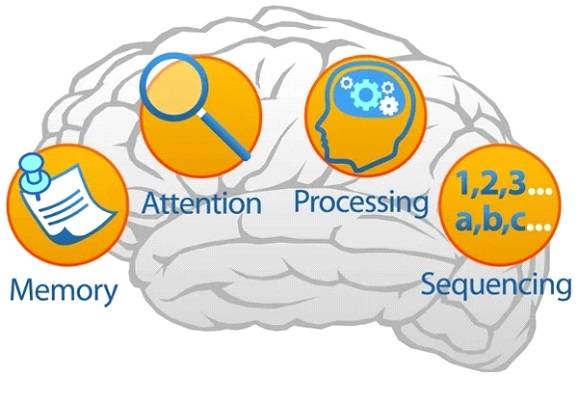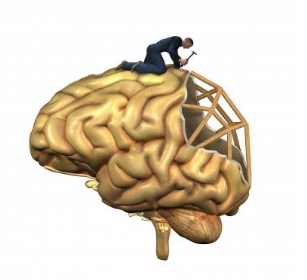Children with learning and reading delays are likely to enjoy school, adults who have experienced a stroke or brain injury are likely to re-discover the joys of learning and reading

Chapter 3 Redesigning the Brain
A scientist changes brains to sharpen perception and memory, increase speed of thought and heal learning problems
This chapter provides more information and references to the scientific findings of leading neuroscientists – Dr Michael Merzenich, Dr Paula Tallal, Dr Bill Jenkins, and Dr Steven Miller.
Of the many neuroplasticians with solid hard-science credentials it is Dr Michael Merzenich’s claim that we can change the structure of the brain and increase its learning capacity that eventually led to the creation of computer-based exercises to address cognitive functionality.
In 1996, Drs Michael Merzenich, Paula Tallal, William Jenkins and Steven Miller formed the nucleus of a company, Scientific Learning, that is wholly devoted to using neuroplastic research to help people rewire their brains – Fast ForWord and Clear Fluency was born!!!
We know from their research that the core cognitive attributes that define a student’s ability to benefit from classroom instruction can be improved through intensive intervention using advanced technologies, in the areas of memory, attention, processing and sequencing.
The scientists discovered that by using acoustically modified speech technology in an intensive, adaptive product, students could build a wide range of critical language and reading skills such as phonological awareness, phonemic awareness, fluency, vocabulary, comprehension, decoding, syntax, grammar, and other skills that had previously been inaccessible to them.

Phonological awareness is the ability to recognize and manipulate the spoken parts of words, including syllables, onset–rime, and phonemes. A phoneme is the smallest unit of sound that distinguishes one word from another word in a language. Phonemic awareness is the ability to hear and manipulate sounds in spoken words and is critical for reading and spelling.
It is not only children who benefit from these exercises, they may be applicable to adults who suffer from poor reading skills and also those who have suffered from a stroke or experienced a traumatic brain injury (TBI).
Research has shown Fast ForWord is proven to help with the following:
A stroke is a sudden, life changing event where a blood clot or bleed in the brain’s arteries cuts off oxygen to the brain’s tissues resulting in brain cells dying – up to 1.9 million every minute while the blood clot remains in place! Depending upon which side of the brain this happens determines the type of damage the person experiences. Those with a left-brain injury are more likely to have problems with speech and language and possibly movement of the right side of the body, whereas right-brain injury sufferers experience problems with spatial-perception. Doctors may be able to prevent the stroke from getting worse by removing the clot or stopping the bleeding, but they believed once the damage was done there is little modern medicine can do to help. This has changed with the work of neuroscientists and their research focusing upon the plasticity of the brain.

Because traumatic brain injuries and concussions occur so routinely in sports, they are thought to be nothing to be overly concerned about. However, this is not the case. The effects of a concussion are not confined to the point of impact, the transfer of energy when the brain hits the skull radiates throughout the brain and can affect the cell bodies and the axons that connect neurons. Since axons connect different parts of the brain areas, damage to axons can cause problems in those areas, so that many functions – sensory, motor movement, cognition and mood – are affected. One of the known outcomes of a concussion is acquired auditory processing disorder (ADP). It has been estimated that over 50% of individuals may have this. Because Fact ForWord is a computer-based programme created by neuroscientists, each of the programmes work on rewiring the brain and may overcoming many of the consequences of concussion including ADP.
